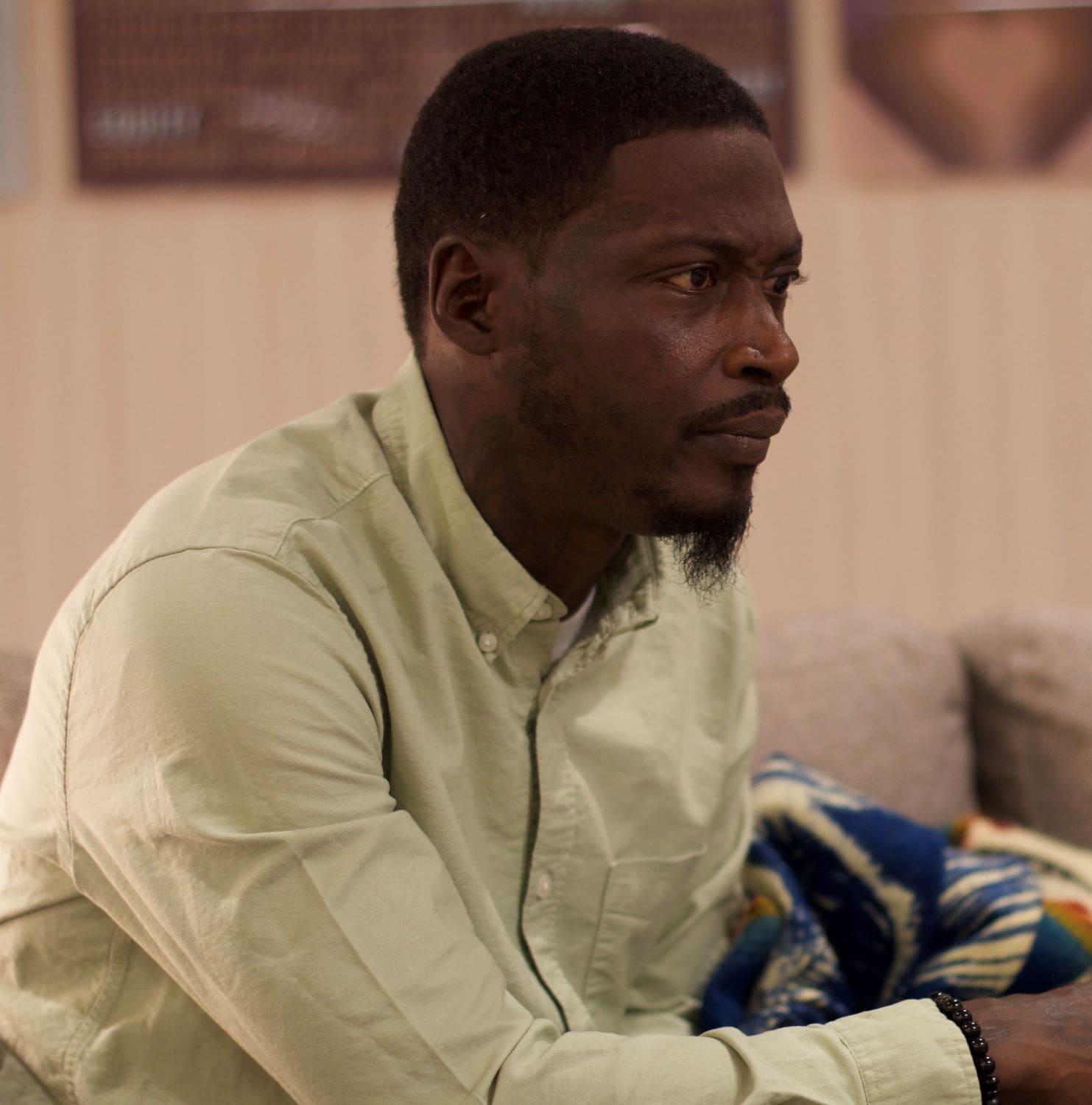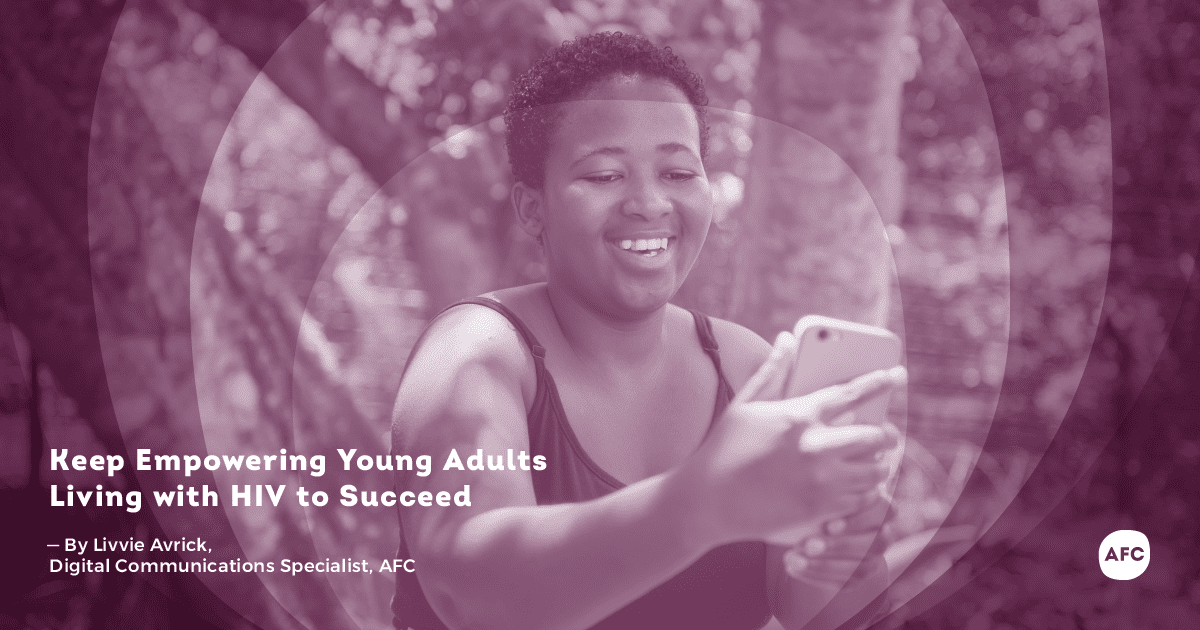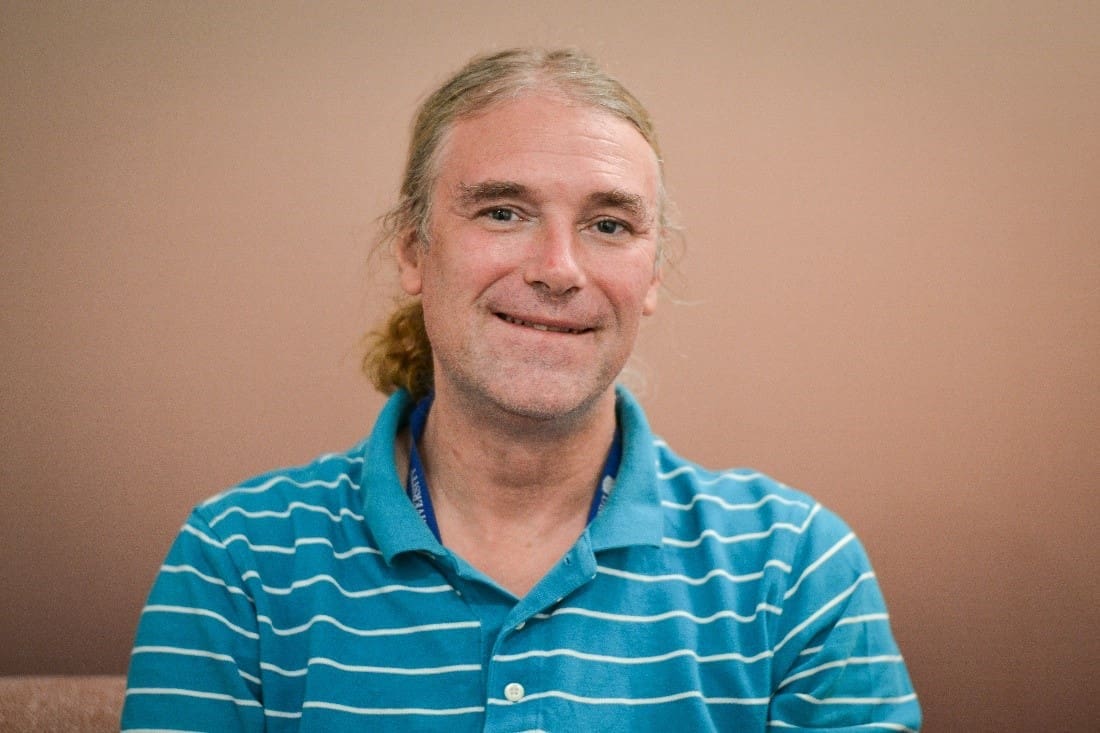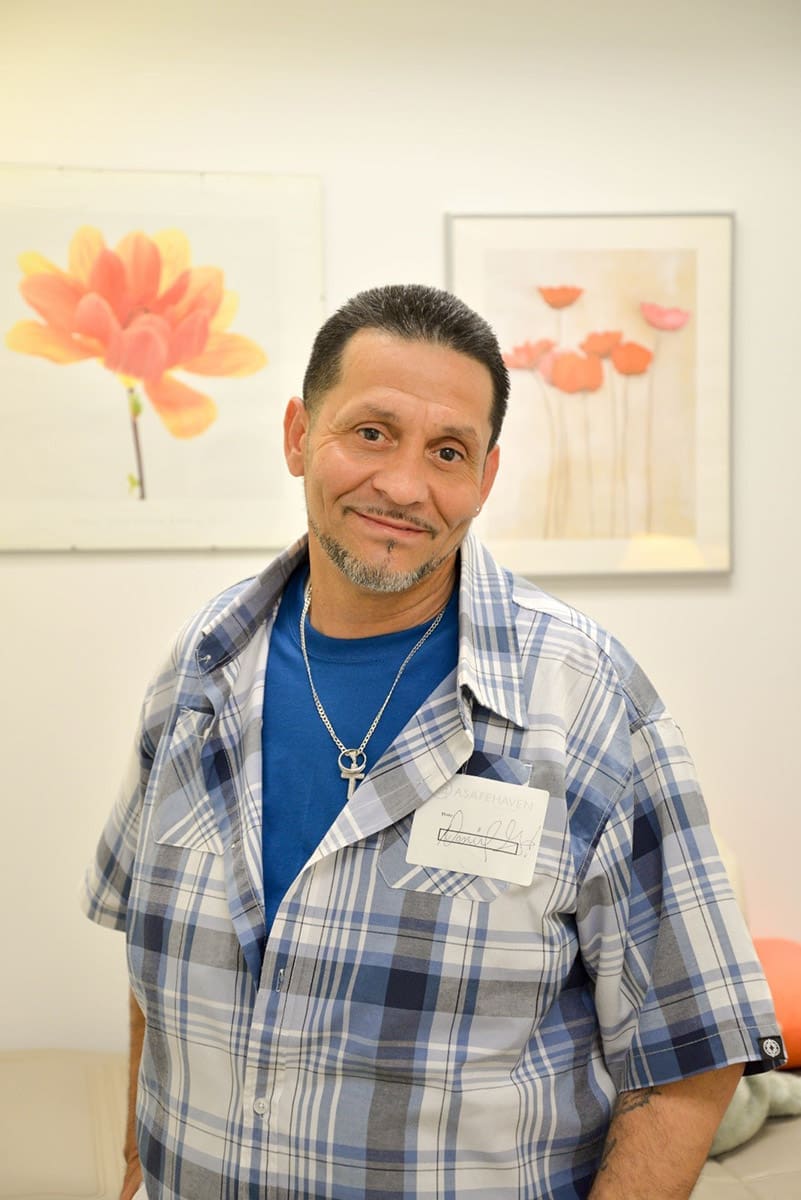Having moved from one house to another, he longed for stability and a sense of belonging. He sought refuge with a friend and his mother, hoping to escape the turmoil of his previous living arrangements. Johnny always kept his medications with him, but it was a challenge to take them consistently because of his living arrangement and the stigma and shame he felt due to his status. He hid his medications outside to keep others from seeing them or hearing the rattling of his pills. Unfortunately, the hostility he encountered due to his housing instability pushed him to make a difficult decision: Johnny stopped taking his medication. “I felt like, you know, if I pass away, at least I know somebody or family or whatever would find me,” Johnny explained.
Johnny had a successful career as a hairstylist for over 19 years and competed in and won competitions regularly, so no one knew that he was experiencing homelessness. Working at a salon provided Johnny with some stability, but at night he still needed a place to stay. So, he made a daring choice and decided to sleep in the salon. For ten months, he hid his homelessness from the salon owner, Joe, until one day Joe stumbled upon him sleeping on a couch. Rather than reproach him, Joe displayed understanding and compassion, allowing Johnny to stay at the shop.
After parting ways with his previous salon, Johnny found work and a supportive environment at Madison Street Barbers, a popular shop that welcomed him as a stylist. This new opportunity brought success to his career, yet he still battled with feelings of depression and worthlessness. As before, Johnny began staying at his salon. He would stay late to clean up and would sleep at his station when everyone left. One day, he experienced a breaking point when he returned to work and found that his belongings were moved. This sent Johnny over the edge mentally and emotionally. He left that day and checked into St. Anthony’s Hospital, where he spent six weeks seeking solace and assistance. After his release, Johnny returned to the salon to find his belongings back in place. He opened up to the salon owner about his mental health struggles and was met with understanding and encouragement.
With renewed hope and determination, Johnny continued his work at the salon and regularly visited AIDS Foundation Chicago (AFC) for support and guidance. An AFC counselor recognized the need for stable housing in Johnny’s life and advocated on his behalf for a subsidized unit. Overcoming rejections due to his eviction history, he persisted in his search and ultimately found a private landlord willing to give him a chance. Finally, a long-awaited breakthrough arrived when his case manager notified Johnny that they had found an apartment for him.
Securing the apartment felt like a miraculous achievement for Johnny. It provided him with stability, enabling him to maintain an undetectable viral load by consistently taking his medication. When someone is undetectable, they are healthier and cannot transmit HIV sexually to their partners. This is known as undetectable = untransmittable (U=U). Over the next five years, he built a life for himself, grateful for the opportunity and determined to make a difference.
Johnny’s life took another unexpected turn when he faced the urgent need for heart surgery to replace a damaged heart valve that had been inserted due to complications with his kidney. Years of not taking his treatments had taken a toll on his body resulting in a weakened immune system, kidney failure, the need for weekly dialysis, and a stroke which ended his career as a hairstylist. Johnny, however, persevered. “I wanted to live,” said Johnny. His new home meant not having to deal with the shame or stigma of homelessness and taking his medications that he had felt and experienced previously. Despite the fear of judgment and misconceptions surrounding his health, he recognized the importance of focusing on his well-being.
Motivated by his own experiences, Johnny seized the chance to work at the Ruth M. Rothstein CORE Center, Chicago’s largest HIV care specialty clinic. He started with the call center as a peer, helping others living with HIV. Through sharing his story, discussing medications, and providing support, he aimed to make a positive impact on people’s lives. “I just want to look those people in the eyes and tell them that I know what it’s like to be where you are and guess what? Everything is gonna be all right… I want to encourage them.“ He overcame his own fears and developed an online presence, allowing others to witness his journey and achievements.
Through meditation and self-reflection, Johnny shifted his mindset and found inner peace. Finding self-love and acceptance became a priority for him, as he believed that opening up about his health was essential to forming meaningful relationships. He is holding onto hope for romance in his future while trusting in prayer and his readiness to receive love.
Throughout his journey, Johnny discovered this true purpose in life — the will to keep moving forward, even in the face of adversity. His dogs, Batman, and Balenciaga, became constant companions and through their daily walks became a source of physical therapy for him after losing mobility due to his stroke. They also provided comfort and support during moments of despair. Medication played a crucial role in his life, ensuring that his HIV remained undetectable and managing his other health conditions effectively, which would not have been possible without stable housing.
Johnny’s story showcases the transformative power of stable housing as healthcare. By securing a home, he found the stability and support necessary to maintain regular medication use, resulting in him being healthy and at peace, and able to give back to his community. His journey serves as a reminder that housing is not only a basic human need but also an essential component of overall health and well-being.




